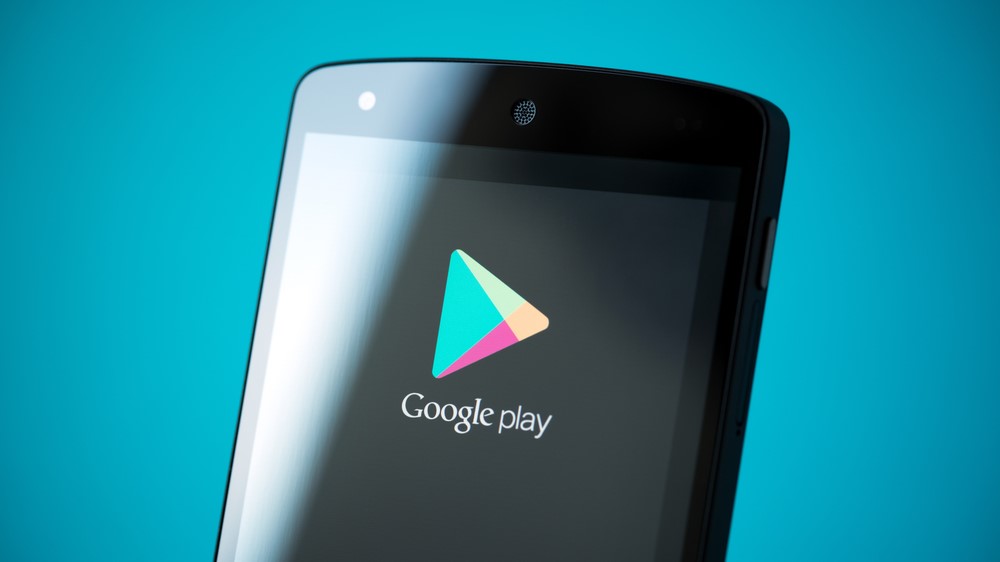Google's Covid-19 tracker will be delivered to your Android phone via Google Play
OS-level updates will be used to disseminate the app

There have been some unexpected side-effects to the coronavirus pandemic, including the teaming up of Google and Apple to provide information to the public about the spread of the disease.
But while we've known for a few days about the two companies working together to keep mobile users informed about infected people nearby, there was something of a question about just how updates were going to be pushed out to users.
Now the company has shed some light on how the process will work, saying that it will used the established Google Play Services infrastructure to ensure that as many people as possible get the updates.
The benefit of using Google Play Services to update Android users with the latest information about Covid-19 tracing is that it means updates can be pushed to all handsets running Android 6.0 Marshmallow and above.
As well as maximizing the number of people that can be reached with individual updates, opting to using the Google Play Services infrastructure means that updates can also be spread much more quickly.
There had been fears, for instance, that operating system updates – of the style used to issued monthly security updates to Android – would not only mean people with older handsets would miss out, but also that the rollout of important informative updates would be much slower due to the involvement of handset makers.
Keep informed, keep safe
As reported by the The Verge, there will be two phases to the opt-in Bluetooth contact tracing framework which will enabled people to anonymously broadcast the fact they have tested positive for coronavirus. Both phases will be reliant on Google Play Services for updates, starting with the initial API rollout next month. Following on from this, "in coming months" we can expect to see APIs that are built into Android directly.
Sign up for breaking news, reviews, opinion, top tech deals, and more.
There will be a different system in place for Huawei phones that are not able to use key Google services. For these handsets, Google intends to produce a special framework for devices from Huawei, Xiaomi and other Chinese manufacturers, which they will have the option of using.
- Check out our complete guide to the best smartphones
Via The Verge

Sofia is a tech journalist who's been writing about software, hardware and the web for nearly 25 years – but still looks as youthful as ever! After years writing for magazines, her life moved online and remains fueled by technology, music and nature.
Having written for websites and magazines since 2000, producing a wide range of reviews, guides, tutorials, brochures, newsletters and more, she continues to write for diverse audiences, from computing newbies to advanced users and business clients. Always willing to try something new, she loves sharing new discoveries with others.
Sofia lives and breathes Windows, Android, iOS, macOS and just about anything with a power button, but her particular areas of interest include security, tweaking and privacy. Her other loves include walking, music, her two Malamutes and, of course, her wife and daughter.